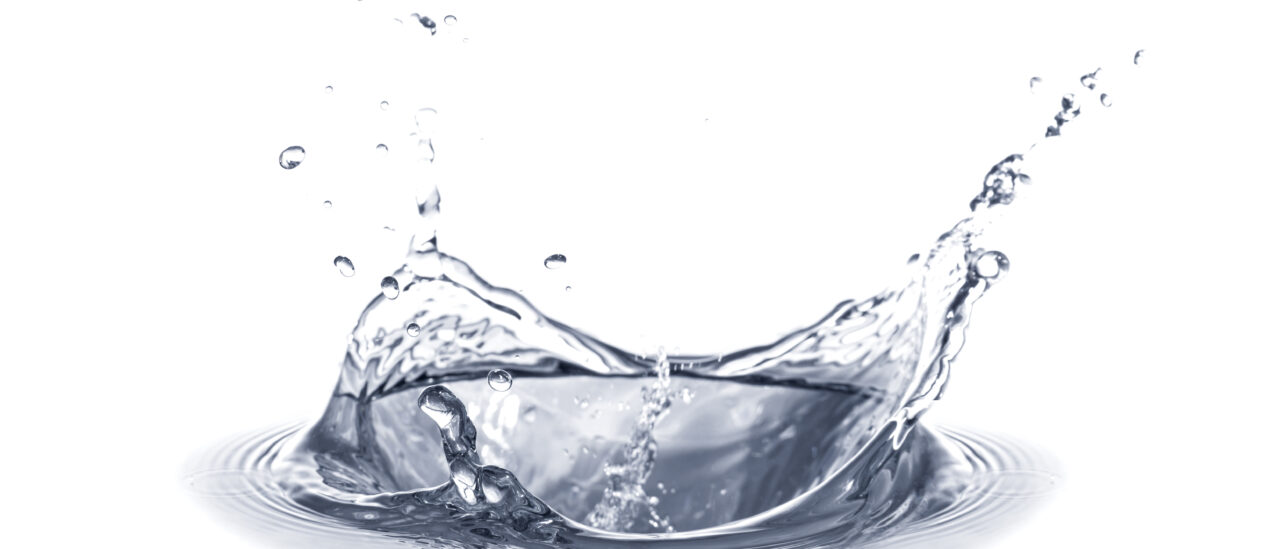
Why is water relevant?
Why water?
You might be wondering why we have chosen water as our main topic in our latest newsletter. Well, let us explain why.
Water is one of our most precious resources, and in many parts of the world, the lack of clean water is a serious problem for the inhabitants health and welfare, agriculture, and for economic development. But did you know that the cleaning and transportation of water consumes a large amount of energy? In some municipalities this can amount to 30 % of the energy bill of the public administration. This bill does in the end need to be paid by the inhabitants, through taxes or water fees, but the connection between the inhabitants water usage and cost is not always clear.
Energy is needed is in several part of the water system:
- For cleaning and transporting drinking water
- For transporting and cleaning waste water
Today, large amounts of cleaned drinking water is used for flushing toilets, drinking water for animals, watering gardens, and cleaning cars – areas where rainwater or other types of untreated water could be used without negative side effects.
At the other side of the system, many municipalities struggle with large amounts of clean water entering the waste water system, particularly during heavy rainfall. This stresses the system, causing flooding and pollution, but it also lead to unnecessary energy consumption, since energy then is used to clean already clean water.
It can often be challenging to motivate people living in rainful areas to save water. But using less cleaned water, and limiting the amount of waste water getting treated, will also have a positive impact on energy usage. Some ideas for actions may be:
- Collecting rainwater and using this for cleaning cars and watering gardens
- Reducing the water consumption in the bathroom, through shorter showers, modern toilets and washing machines, turning the water off when brushing teeth, etc.
- Have more permeable covers outside: more grass, more gravel, more green roofs, and less asphalt and concrete
- Let the water from your roof drain into the garden, rather than into the waste water system.
